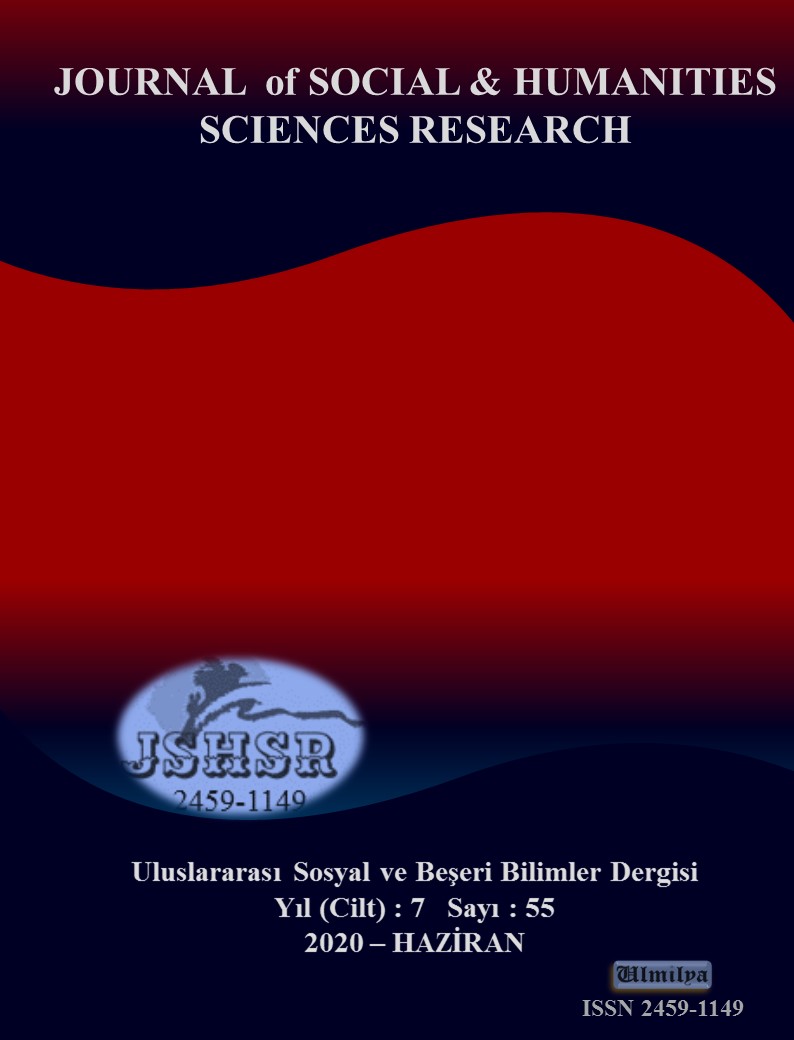CIVIL SOCIETY ORGANIZATIONS AFTER COVID-19 PANDEMIC: REFLECTIONS OF THE AUCTION CHANGES ON THE FUNCTIONAL ROLES OF CIVIL SOCIETY ORGANIZATIONS
DOI:
https://doi.org/10.26450/jshsr.1947Keywords:
Civil Society, Civil Society Organizations, Covid-19 PandemicAbstract
Civil Society Organizations (NGOs), which mediated the demands of societies for freedom and democracy from past to present,
are defined as non-governmental organizations, mostly volunteers, in order to provide social benefit. Today, NGOs operating
in many fields from education to health, sports to art and culture; lead social life in different legal structures such as foundations,
associations, clubs, federations, unions and communities. It is known that NGOs, whose importance increases day by day,
depending on the mission they carry, undergo serious tests on the way to institutionalization. From this point, on the one hand,
NGOs that had to face administrative problems and economic concerns had to cope with the COVID-19 outbreak that erupted
in China in late December 2019. It is not possible for NGOs to be affected by such a wide-ranging epidemic in the pandemic
process, in which states, local and regional governments, supranational and international organizations are caught unprepared.
NGOs, which we need more in crisis and emergency situations, have had to either reduce their active activities in the field or
transfer their activities to the virtual environment within the scope of the measures taken by the governments during the
pandemic process. Therefore, in this study, by predicting that many transformations will occur uncontrollably after the
uncertainty and panic environment created by the epidemic, the impact of this process on the functional roles of NGOs such as
service providers, pioneers, value protectors and advocacy is emphasized.
Downloads
Published
How to Cite
Issue
Section
License
Copyright (c) 2020 INTERNATIONAL JOURNAL OF SOCIAL HUMANITIES SCIENCES RESEARCH

This work is licensed under a Creative Commons Attribution 4.0 International License.


